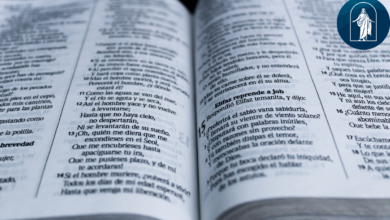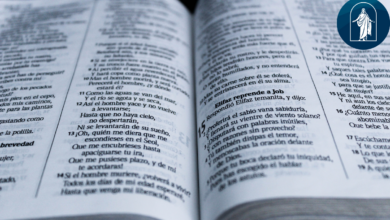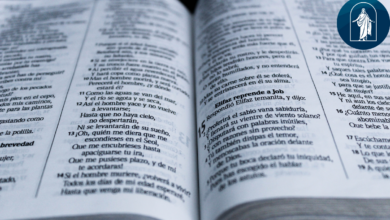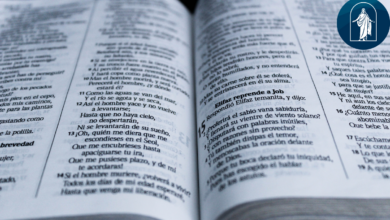2 Chronicles, Chapter 32:
advertising
Verses from 2 Chronicles, Chapter 32 of the book of 2 Chronicles of the Bible.
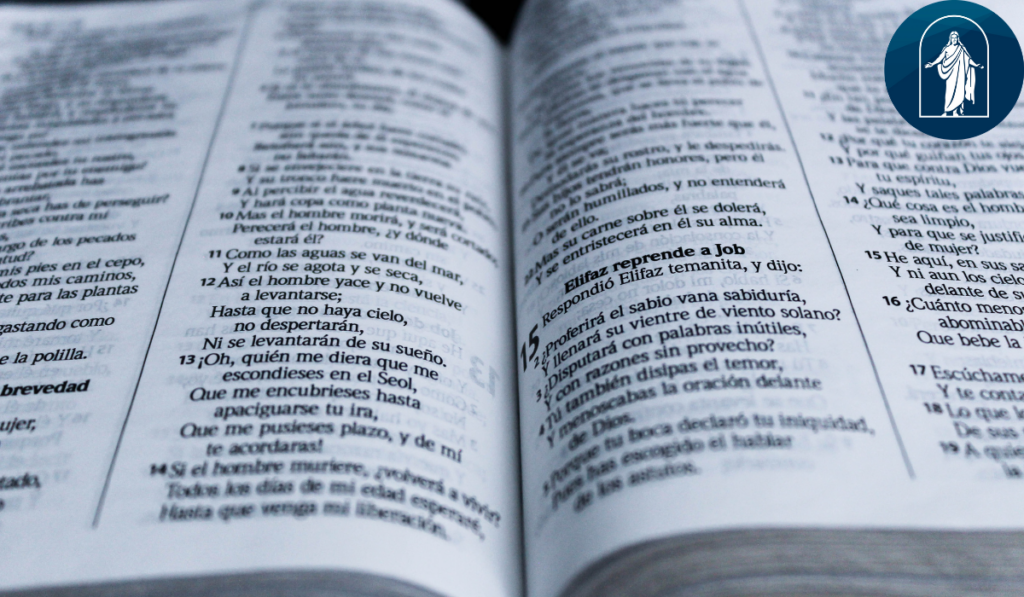
Sennacherib threatens Jerusalem
- 1. After all of Hezekiah's deeds with such fidelity, Sennacherib, king of Assyria, invaded Judah and surrounded the fortified cities to conquer them.
- 2. When Hezekiah saw that Sennacherib was planning to wage war against Jerusalem,
- 3. he consulted his officers and army commanders about the idea of closing the passages to the water sources that were outside the city, and they agreed.
- 4. Then many men gathered together and closed off all the springs and the stream that passed through the area. They said, “Why let the kings of Assyria find all this water?”
- 5. Then Hezekiah set about repairing all the broken sections of the wall and built towers on it. He built another wall outside the first and reinforced the Milo of the City of David. He also ordered the manufacture of many spears and shields.
- 6. Hezekiah appointed military officers over the people and gathered them in the square, at the city gate, encouraging them with these words:
- 7. “Be strong and courageous. Do not be afraid or discouraged because of the king of Assyria and his large army, for a greater power is with us than that which is with him.
- 8. His power is merely human, but the Lord our God is with us to help us and to fight our battles.” And the people gained confidence in what Hezekiah, king of Judah, said.
- 9. Later, when Sennacherib king of Assyria and all his forces were besieging Lachish, he sent officers to Jerusalem with the following message to Hezekiah and all the people of Judah who lived there:
- 10. “This is what Sennacherib king of Assyria says: On what do you base your confidence, remaining surrounded in Jerusalem?
- 11. When Hezekiah says, 'The Lord our God will save us from the hand of the king of Assyria,' he is deceiving you, to let you die of hunger and thirst.
- 12. But was it not Hezekiah himself who removed the altars of this god, saying to Judah and Jerusalem, 'You must worship before one altar and burn incense on it'?
- 13. Don't you know what I and my predecessors did to all the peoples of other lands? Have the gods of these nations managed to free their lands from my hands?
- 14. Among all the gods of these nations that my predecessors destroyed, which of them was able to save his people from me? Therefore, how can your god deliver you from my hand?
- 15. Therefore, do not allow Hezekiah to deceive you or deceive you in this way. Do not trust him, for no god of any nation or kingdom has managed to deliver his people from my hand or from the hands of my predecessors. Much less will your god be able to deliver you from my hands!”
- 16. Sennacherib's officials further defied the Lord, the God of Israel, and his servant Hezekiah.
- 17. Sennacherib also wrote letters insulting the Lord, the God of Israel, and challenging him: “Just as the gods of the other lands did not deliver their people out of my hand, neither will the god of Hezekiah deliver them out of my hand.”
- 18. Then the officers shouted in Hebrew to the people of Jerusalem who were on the wall, with the aim of frightening and frightening them, seeking to conquer the city.
- 19. They spoke of the God of Jerusalem as they spoke of the gods of the other peoples of the earth, which are only the works of human hands.
- 20 . Because of this, King Hezekiah and the prophet Isaiah son of Amoz cried out to heaven in prayer.
- 21. And the Lord sent an angel, who killed all the soldiers, leaders and officers in the camp of the Assyrian king, so that he returned in shame to his own land. And once, when he entered the temple of his god, some of his own sons killed him with the sword.
- 22. So the Lord saved Hezekiah and the people of Jerusalem from the hand of Sennacherib king of Assyria and all the others, and protected them on all the borders.
Hezekiah's success and death
- 23. Many brought valuable offerings to the Lord in Jerusalem and valuable gifts to Hezekiah, king of Judah. From that time on, he was highly respected by all nations.
- 24. At that time, Hezekiah became sick and almost died. He prayed to the Lord, who answered him, giving him a miraculous sign.
- 25. But Hezekiah was filled with pride and did not respond to the kindness shown to him. Therefore the wrath of the Lord came upon him, upon Judah, and upon Jerusalem.
- 26. Then Hezekiah and the people of Jerusalem humbled themselves, recognizing their pride. Therefore, the wrath of the Lord did not come upon them during the reign of Hezekiah.
- 27. Hezekiah had many riches and glory; he built storerooms to store silver, gold, precious stones, spices, shields, and all kinds of valuables.
- 28. He also built warehouses to store wheat, wine and oil; and made stables for his various livestock, including sheep.
- 29. Hezekiah built cities and acquired many livestock, for God had given him great wealth.
- 30. It was Hezekiah who blocked the flow of water from the Gihon spring and led it west to the City of David. Hezekiah was successful in all his endeavors.
- 31. However, when the rulers of Babylon sent emissaries to inquire about the miraculous sign that had occurred in the country, God abandoned him to test him and know everything that was in his heart.
- 32. The other events of Hezekiah's reign and his acts of piety are written in the vision of the prophet Isaiah, son of Amoz, in the Book of the Kings of Judah and Israel.
- 33. Hezekiah rested with his ancestors and was buried on the hill where the tombs of David's descendants are. The entire kingdom of Judah and the inhabitants of Jerusalem paid him funeral honors on the occasion of his death. His son Manasseh became his successor.
